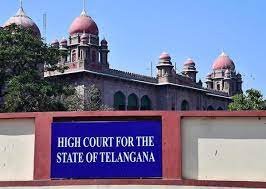In a legal proceeding involving a Muslim man (referred to as the petitioner) challenging a Telangana High Court directive to pay ₹10,000 as interim maintenance to his former wife, Senior Advocate Gaurav Agrawal was appointed as Amicus Curiae by the Court.
The Supreme Court, in the case of Mohd Abdul Samad vs. State of Telangana and others, is set to deliberate on whether a divorced Muslim woman has the right to seek maintenance from her former husband under Section 125 of the Criminal Procedure Code (CrPC).
The ongoing case involves a petitioner, a Muslim man, disputing a Telangana High Court ruling demanding him to provide ₹10,000 as interim maintenance to his ex-wife. Justices BV Nagarathna and Augustine George Masih assigned Senior Advocate Gaurav Agrawal as Amicus Curiae in this matter.
The issue is scheduled for discussion on February 19.
A landmark decision by the Supreme Court in the Shah Bano case established that Muslim women are also subject to the secular provisions of Section 125 CrPC. However, despite being declared null and void by the Muslim Women (Protection of Rights on Divorce) Act of 1986, it was determined in 2001 that the law remained valid.
The petitioner’s objection pertains to the respondent, a Muslim woman who was formerly his spouse, filing a maintenance claim under Section 125 of the CrPC. The petitioner brought the matter before the highest court.
The conflict originated from a Family Court ruling ordering the petitioner to pay ₹20,000 per month as interim maintenance. This decision was contested in the High Court, citing the couple’s 2017 divorce under Muslim personal law.
The High Court instructed the family court to resolve the issue within six months and reduced the monthly maintenance to ₹10,000.
The petitioner’s attorney argued that, according to the Muslim Women (Protection of Rights on Divorce) Act of 1986, a divorced Muslim woman is not entitled to benefits under Section 125 CrPC. Additionally, it was contended that Muslim women are better protected under the 1986 Act.



